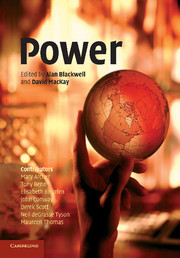5 - The power of death in life
Published online by Cambridge University Press: 07 August 2009
Summary
Between the solitary and the social
Death is a solitary, individual and incommunicable event, perhaps the most private and intimate moment in the cycle of human life. Whether it marks, in religious terms, an exchange – whereby the dissolution of the body is contiguous with an entry into a new spiritual existence and, thus, the return to divinity – or whether, in the more secular encoding of what Sigmund Freud calls ‘the death drive’, it merely initiates the return to that tensionless, undifferentiated state of the inanimate that is beyond, grounding and prefiguring biological and social human existence, in either case the finality of death is generally acknowledged as the one certainty in any given life. It is the powerful fact against which, and in relation to which, all mortal existence is measured. At the same time it is impossible to know in advance what the experience of dying will be like, as it is also impossible to transmit any precise and definitive knowledge of this event to those who survive the death of another. In that sense death is also the powerful limit of all mortal knowledge; its ground and its vanishing point.
Yet dying, burial and commemoration are always also public matters. As cultural anthropology has shown, death, in that it removes a social being from society, is conceived as a wound to the community at large and a threatening signal of its own impermanence.
- Type
- Chapter
- Information
- Power , pp. 77 - 93Publisher: Cambridge University PressPrint publication year: 2006



